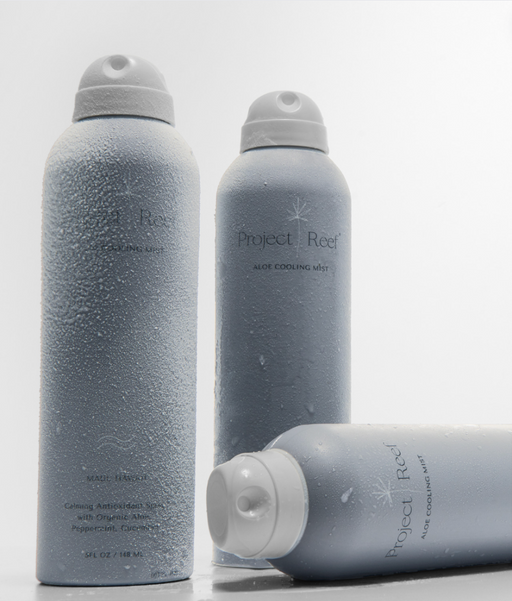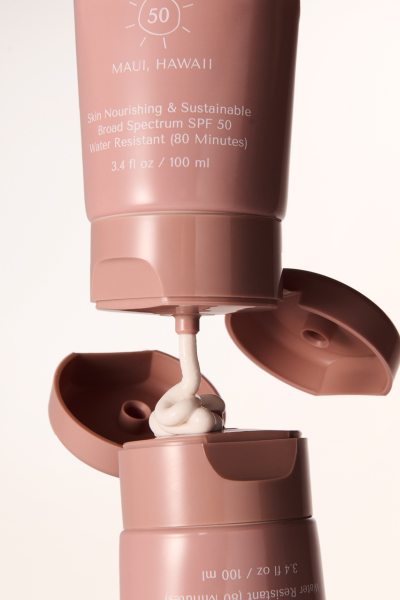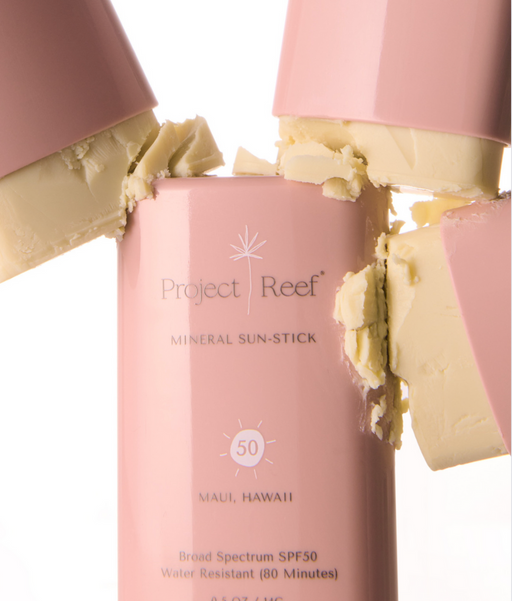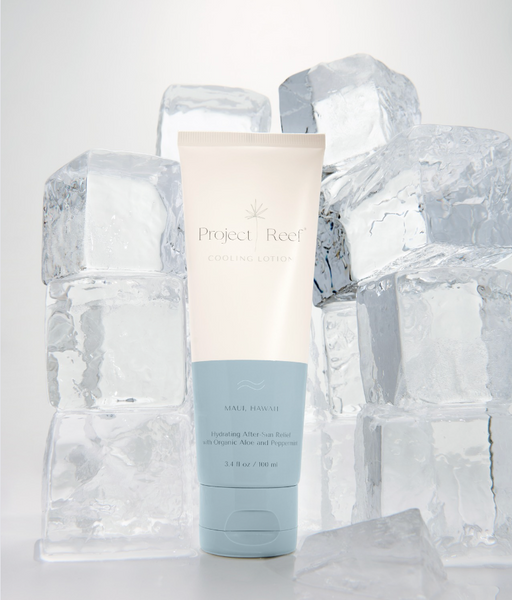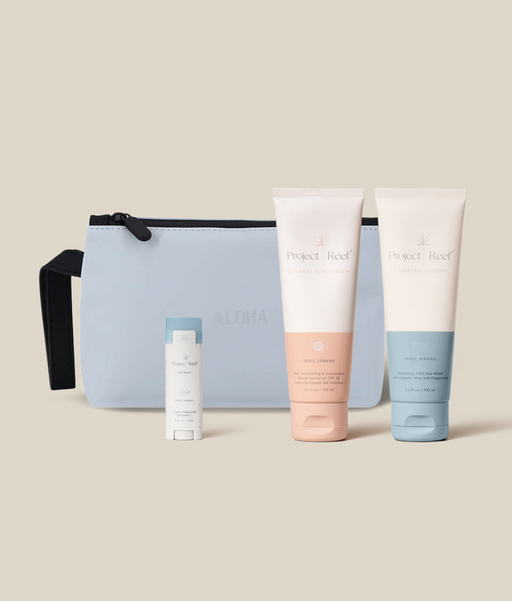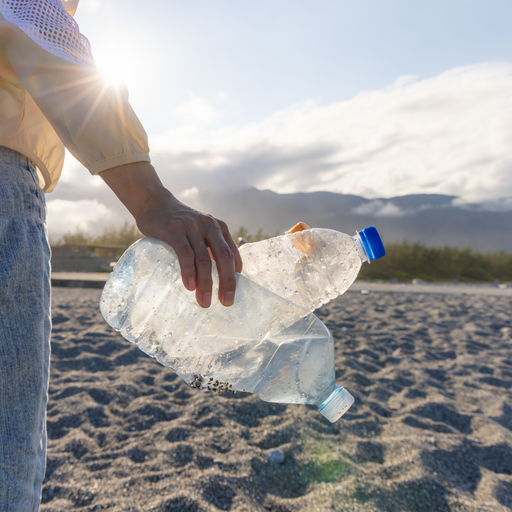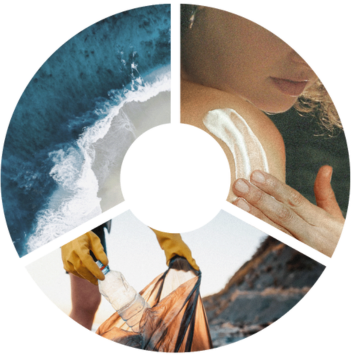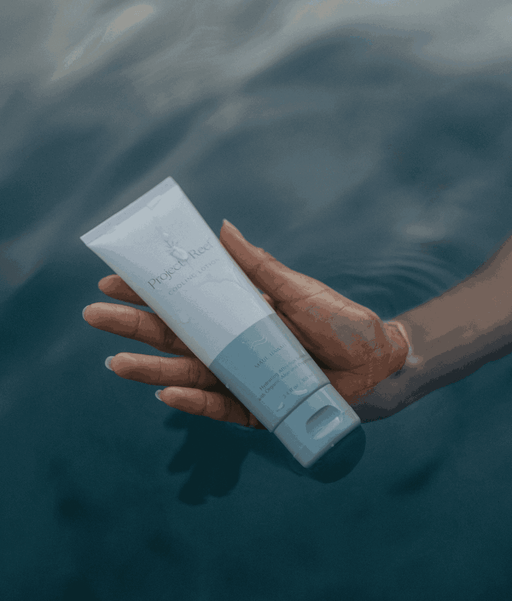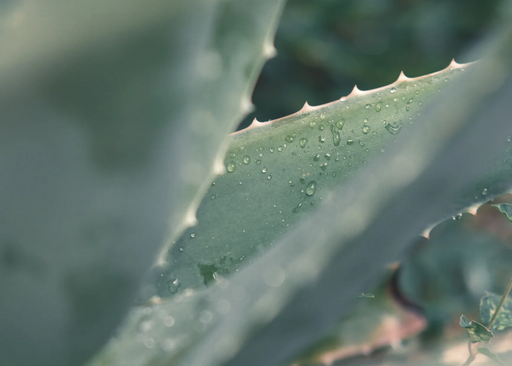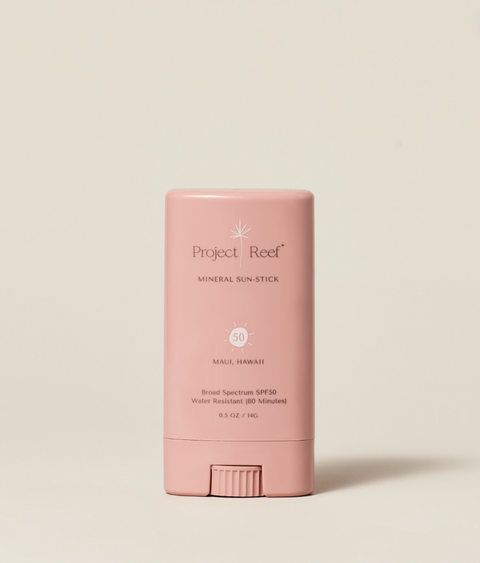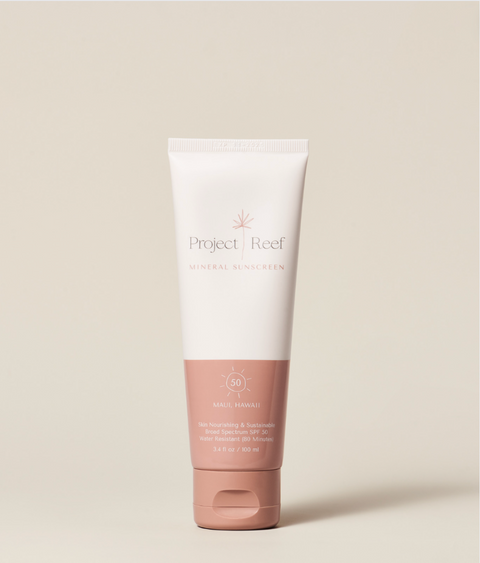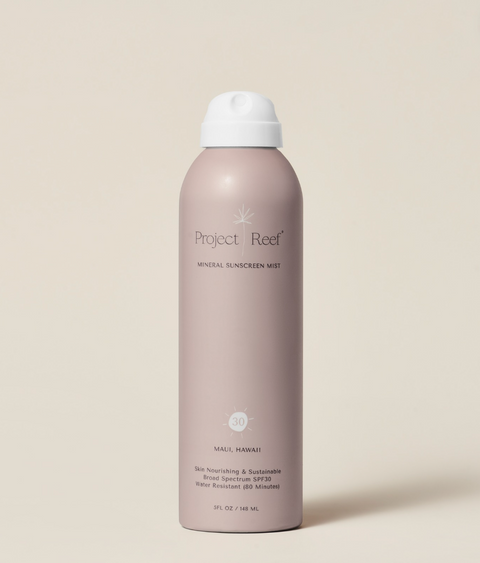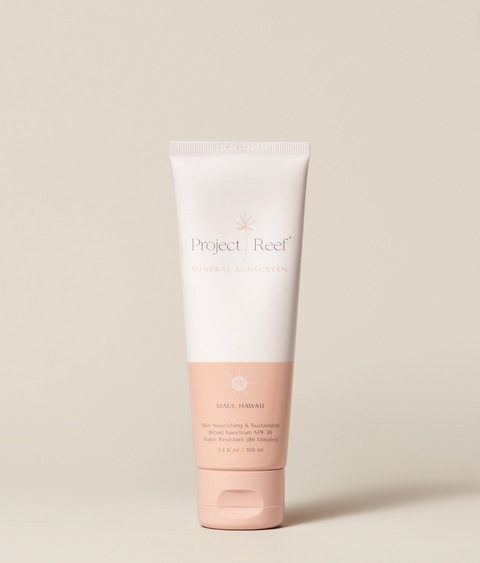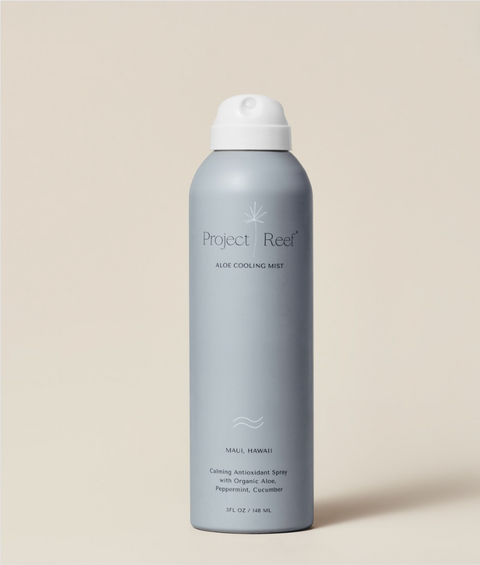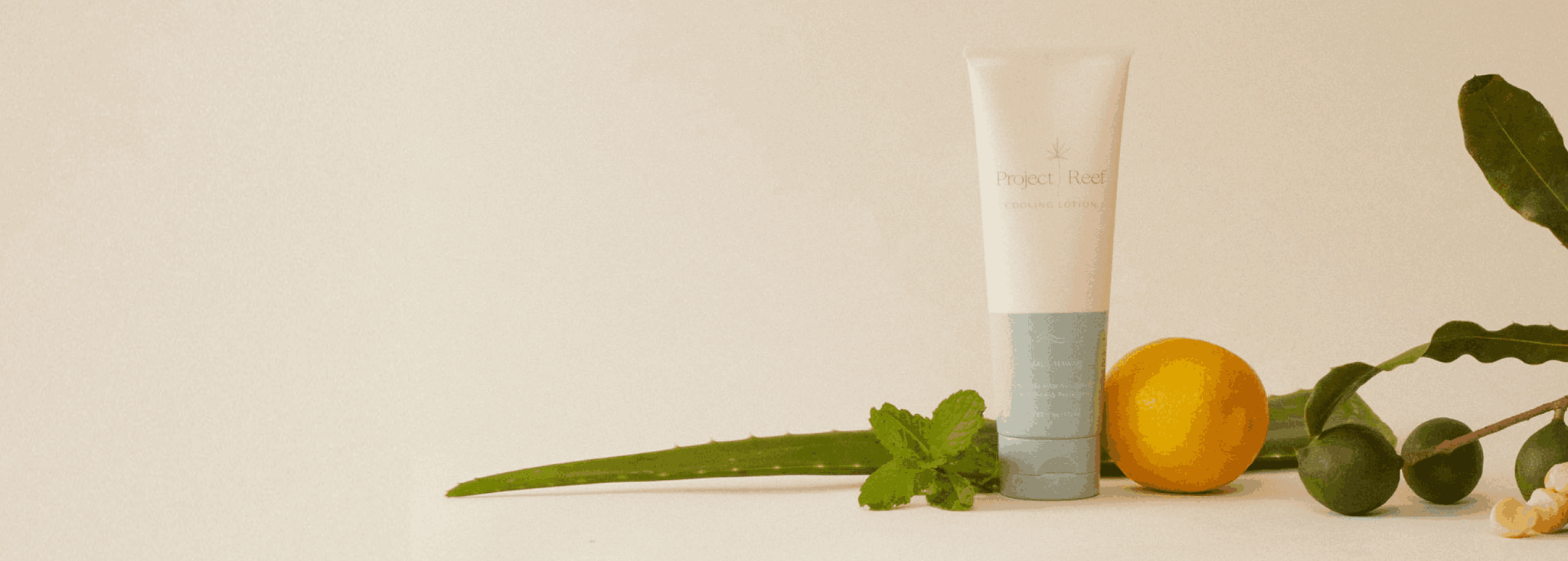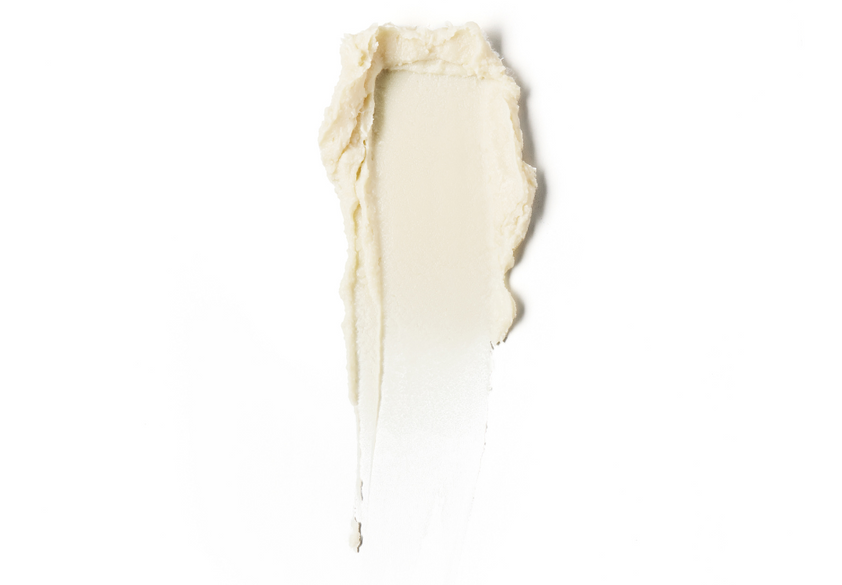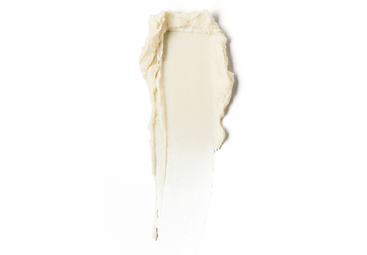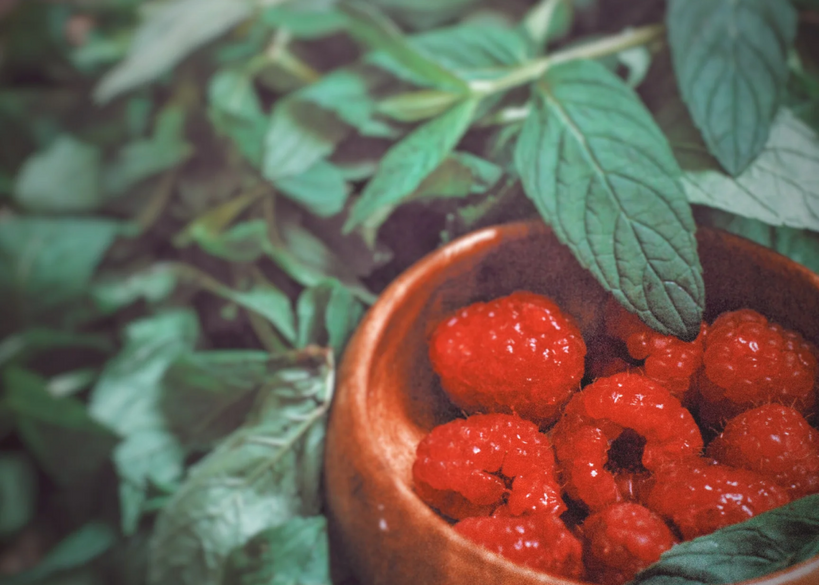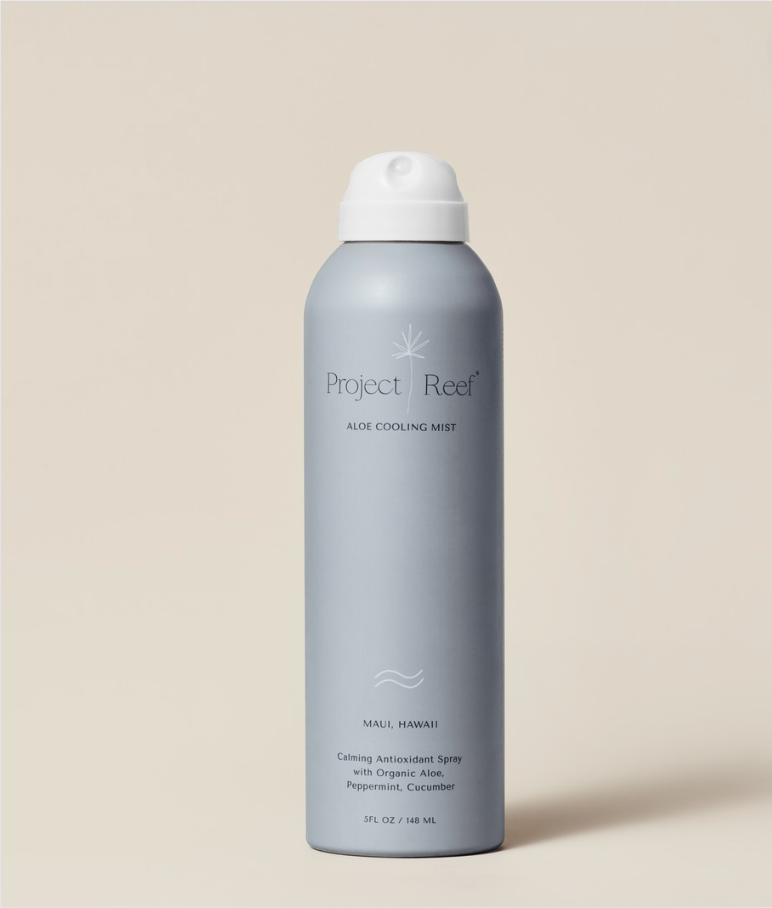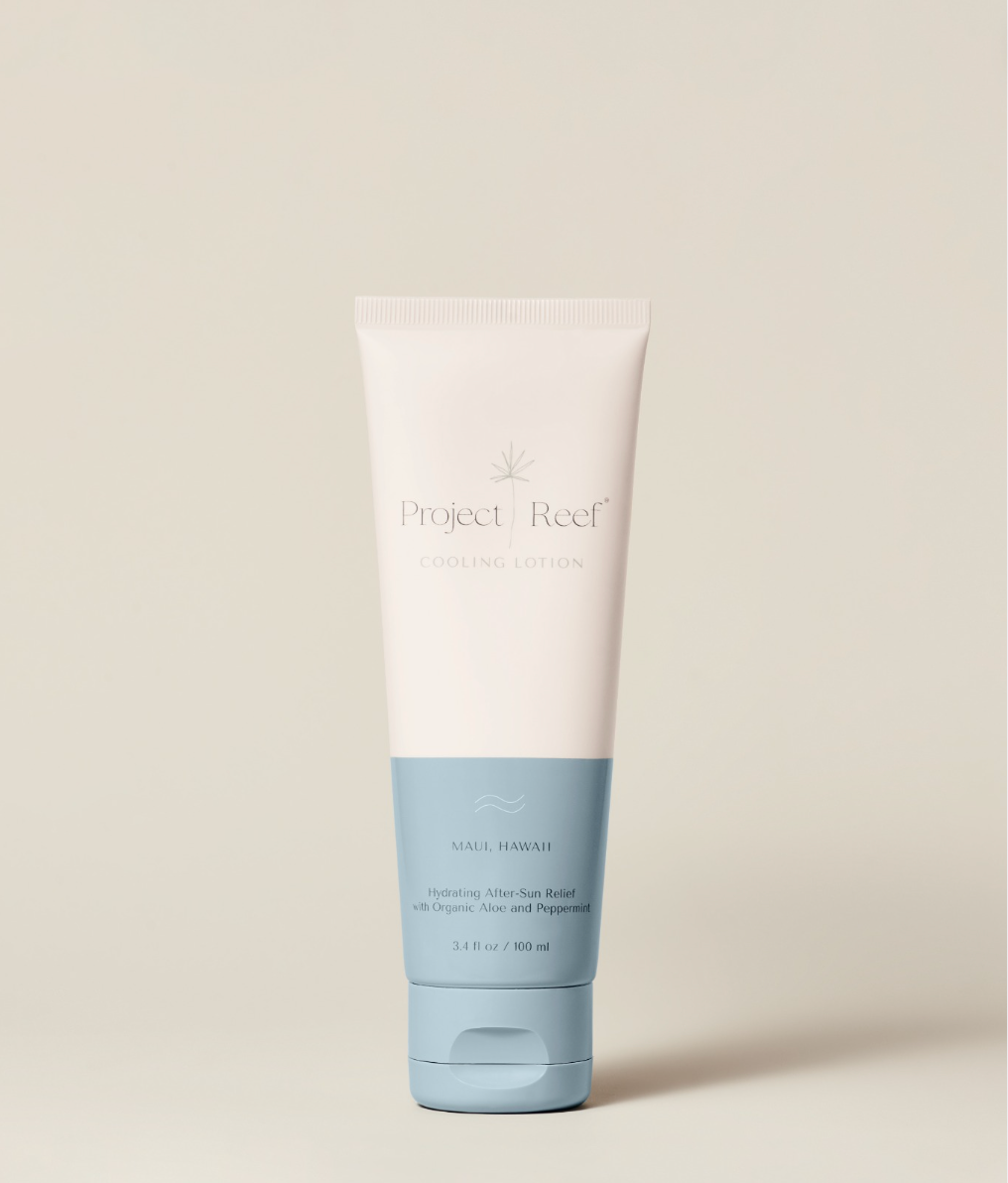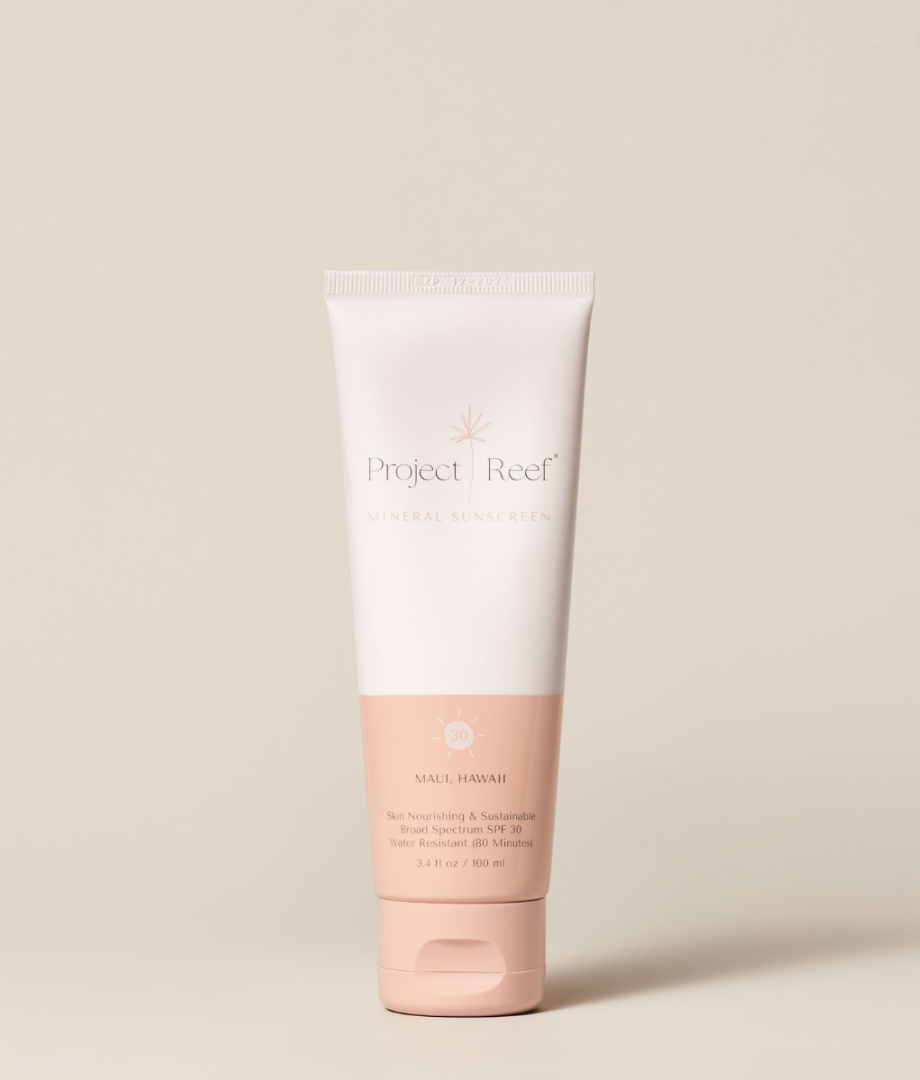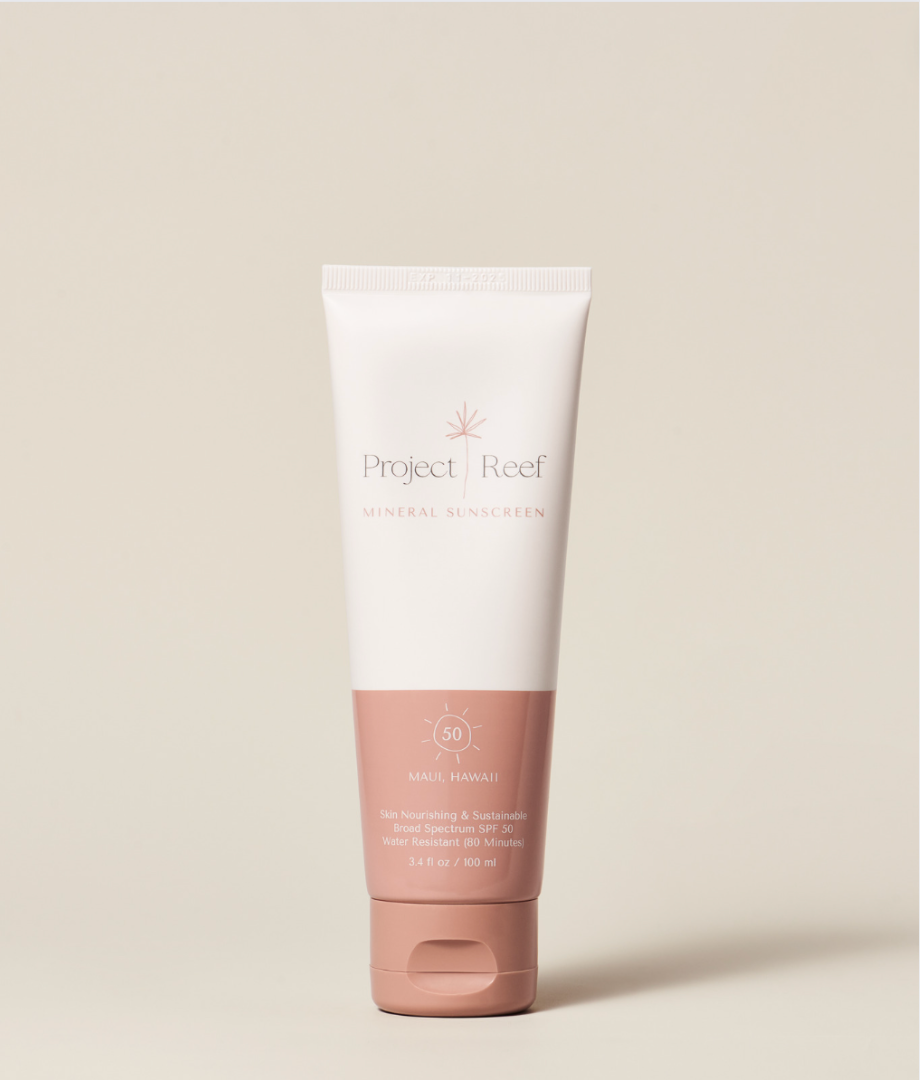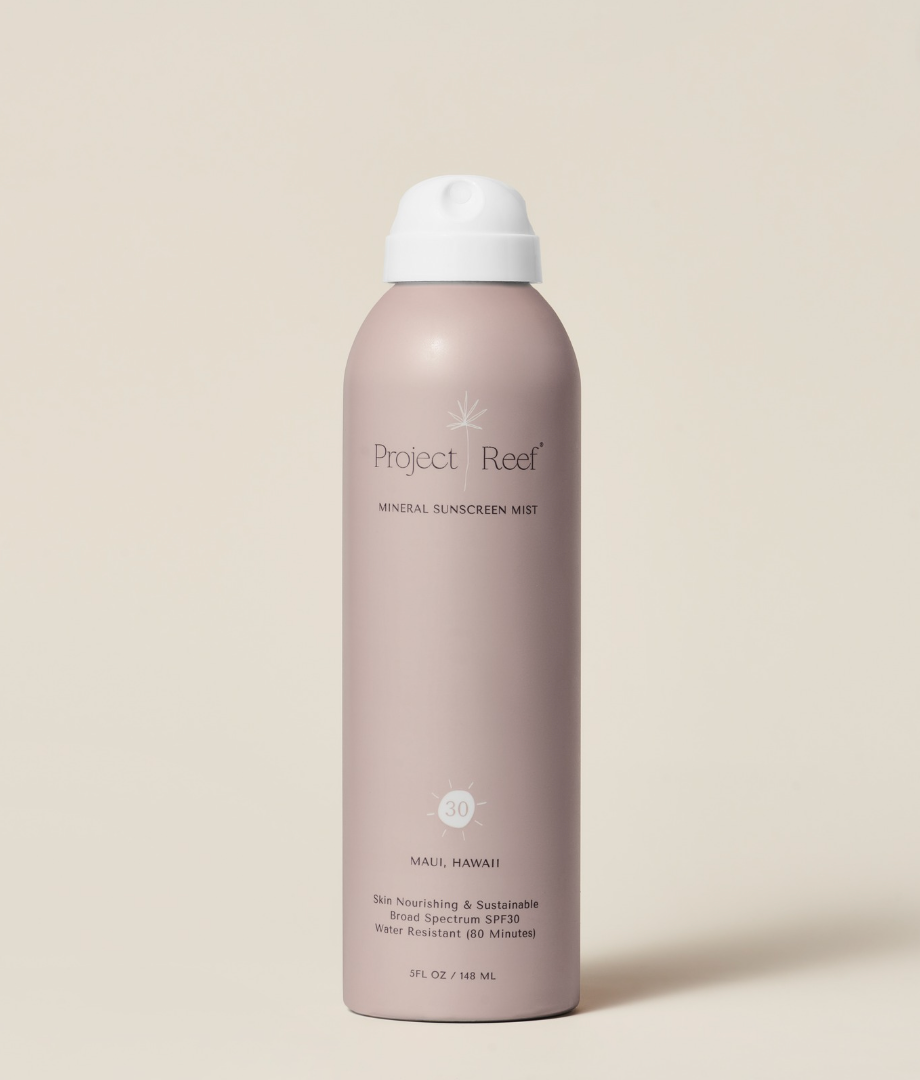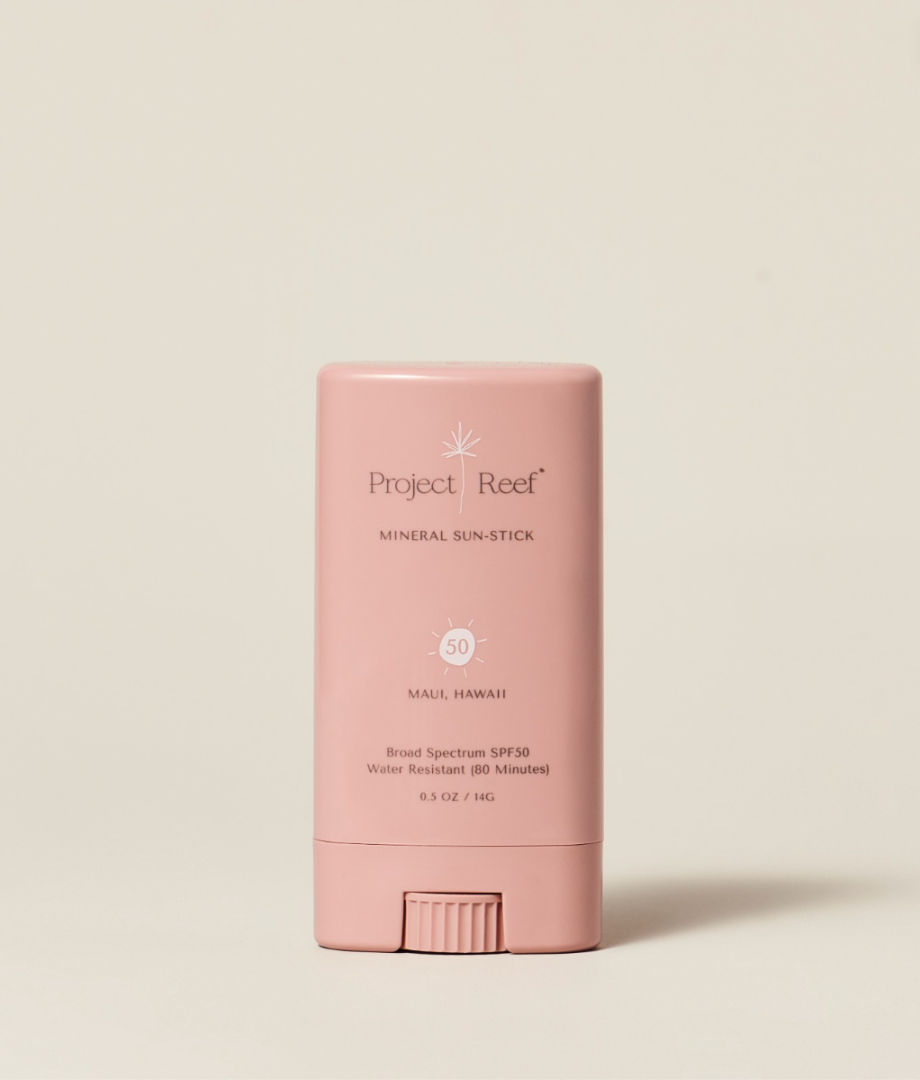Choose mineral only.
Choose clean, mineral-based protection that’s kind to both your skin and the planet! Our formulas provide full range UV protection and a radiant glow with gentle, natural ingredients; perfect for sensitive skin, children, pregnant women, and those with acne.
Choose clean, mineral-based protection that’s kind to both your skin and the planet! Our formulas provide full range UV protection and...
Choose clean, mineral-based protection that’s kind to both your skin and the planet! Our formulas provide full range UV protection and a radiant glow with gentle, natural ingredients; perfect for sensitive skin, children, pregnant women, and those with acne.
Natural Ingredients
Zinc Oxide (Non-Nano)
This FDA-approved, non-nano zinc is loved for its gentle, effective sun protection and non-pore-clogging properties, offering full UVA defense. Unlike nanoparticles, it doesn't penetrate the bloodstream, reducing potential toxicity risks to both our bodies and the marine environment. †²
Aloe Vera
Aloe Vera, a time-tested skincare ingredient, is renowned for its skin-rejuvenating and wound-healing properties. Its anti-inflammatory and antibacterial qualities keep skin clean, hydrated, and smooth.
Vitamin C
Vitamin C is a potent antioxidant that brightens skin, boosts collagen, and adds a healthy glow. Adding this ingredient to sunscreen also can reduce redness and protect against UV damage.
Raspberry Seed
Red Raspberry extract, rich in antioxidants like Vitamin E and C, is an antibacterial and astringent. It combats sun damage signs like wrinkles, dark spots, and water loss.
Get yours now
Shop All ProductsWith each purchase you are joining our mission to protect & regenerate our oceans, ecosystem and planet.
